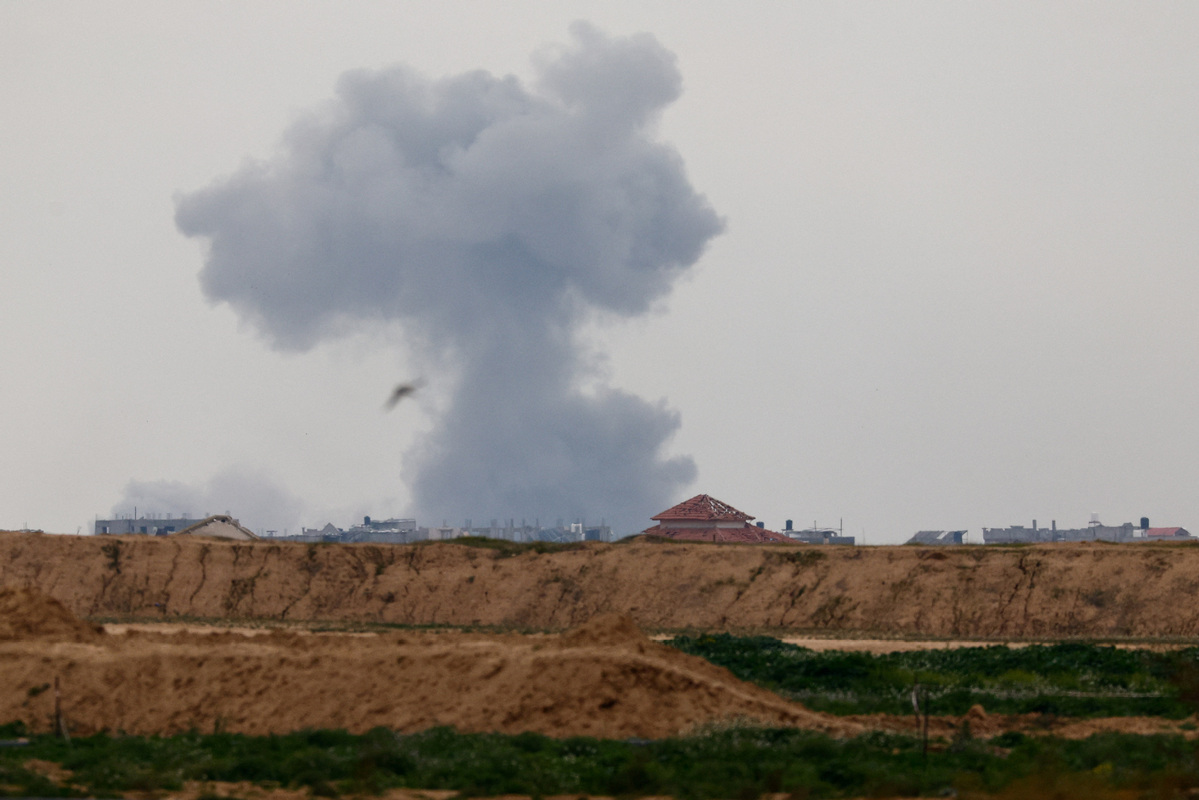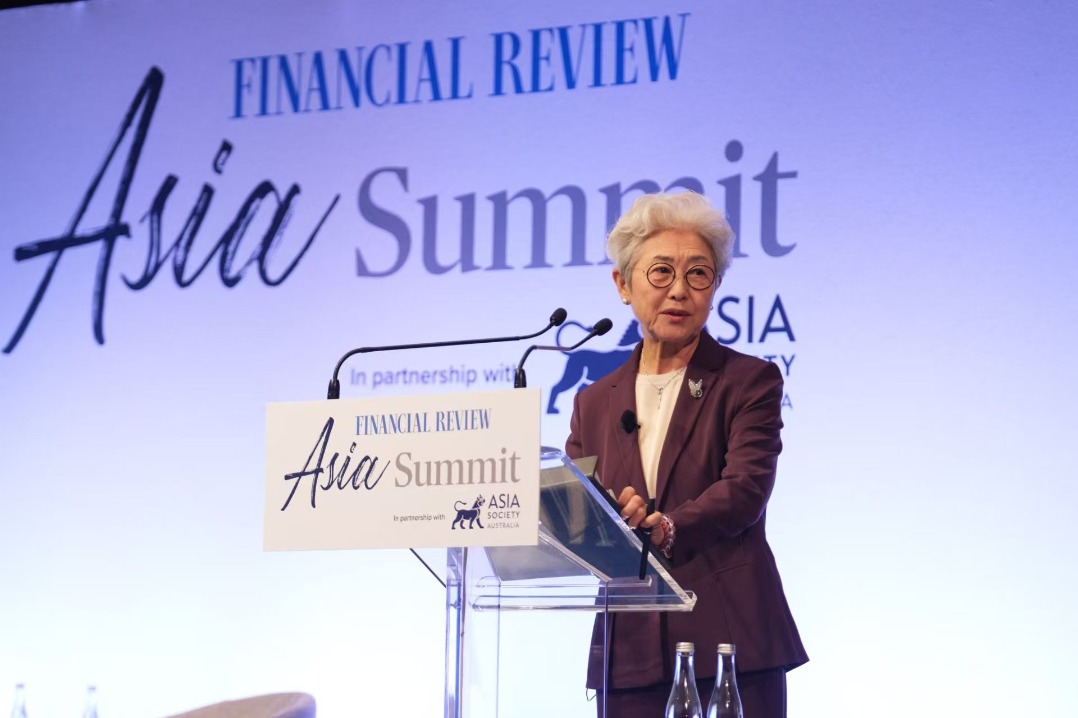West shifts blame: Accuses others for its faults


It is obvious from the analysis of armed conflicts that each armed conflict has an extraterritorial impact on neighboring countries and this damage may extend to the world at large, depending on the geographical location, geopolitical interests and the actors' objectives, directly or indirectly.
An observer who rationally thinks away from bigotry and propaganda can see examples in both Ukraine's and Palestine's conflicts and how the repercussions have graded over time to include the world's main interests such as energy, supply chains and maritime navigation routes.
In the midst of these and other conflicts, which are growing in many countries for domestic reasons and are fuelled by hegemonic ambitions and influence at the expense of others' interests and fears, the major powers should recognize their responsibilities to wars, peace, security and global stability.
Unfortunately, the Western nations under the leadership of the United States do not want to play this role out of their great dominance over the international system, whose institutions, such as the United Nations and its Security Council, are eroding and eroding.
The sense of strength or desire to preserve it for the unilateral leadership of the world seems to make the United States of America act irresponsibly and even support the ignition of conflicts and the financing of the parties in the hope of inflicting a strategic defeat on its rivals like Russia, which is why it rejects realistic peace ideas from whoever came and tries to accuse their owners of supporting Russia and forgets that it does so the most.
The Ukrainian dispute could have been averted if the Washington-led West had committed itself to its pledges to the Soviet Union not to expand militarily near its borders when it agreed to unite Germany, and US officials and academics with acclaimed insightful political analysis acknowledged that the responsibility for the conflict rested first with the West for abandoning its obligations and ignoring Russia's concerns even when it provided a vision to respond to it before the war.
Everyone remembers the justification used by the West to impose its sanctions on Russia as a deterrent to the cessation of its military operations in Ukraine. However, despite the severity of the sanctions, Russia entered the war for the simple reason that it was forced to do so and could not stop without achieving its objectives.
We have seen the impact of conflict and sanctions on the lives of the world's people at varying levels, from energy prices to grains and fertilizers to inflation rates and layoffs. Moreover, the specter of World War III has returned every time the threat or reference to the use of nuclear weapons has been made.
What did the West do to achieve peace? The answer may be another question: does the West actually want peace? One indicator of seriousness would be balanced proposals, but instead, Russia's subordination and surrender were unreasonable.
Sadly, the West had tried to demonize every State or peace advocate and suggested ideas on that.
No one was afraid that once America had anything to do with a crisis here or a conflict there, it relied on a parallel media and propaganda strategy of accusing its competitors of involving them in responsibility even when they had no role, all to achieve the goal of diverting attention from its role and denigrating others by threatening and undermining global security and stability.
America continues to play the same role in Gaza through its military, financial, political and diplomatic support for Israel's occupation and acquitted it of all its crimes despite testimonies from United Nations organizations and press investigations.
The call for a ceasefire has generally been considered by the West in support of what they call "terrorism". Some states have taken punitive action against peace seekers. Although such attitudes undermine stability and hinder peace, the West, as it uses double standards and interprets laws and values according to its interests.
The impact of the Gaza War has reached Bab al-Mandeb's maritime routes. There is an impact on the route of ships, high insurance costs and commodity prices. However, America does not want to recognize this relationship and tries to address it in a futile way without solving the fundamental problem of finding a just solution to the Palestinian question through the establishment of a fully sovereign and independent Palestinian State.
Nevertheless, there is a global awareness among people that the West is primarily responsible for threatening security and stability and that it still deals with others in the logic of its colonial past and confers exclusively on itself the right to self-determination, interfere in others' affairs, give them lessons and act as if it were the ideal world, which, of course, is not.
The author is a Yemeni journalist. The views don't necessarily represent those of China Daily.
If you have a specific expertise, or would like to share your thought about our stories, then send us your writings at opinion@chinadaily.com.cn, and comment@chinadaily.com.cn.


































